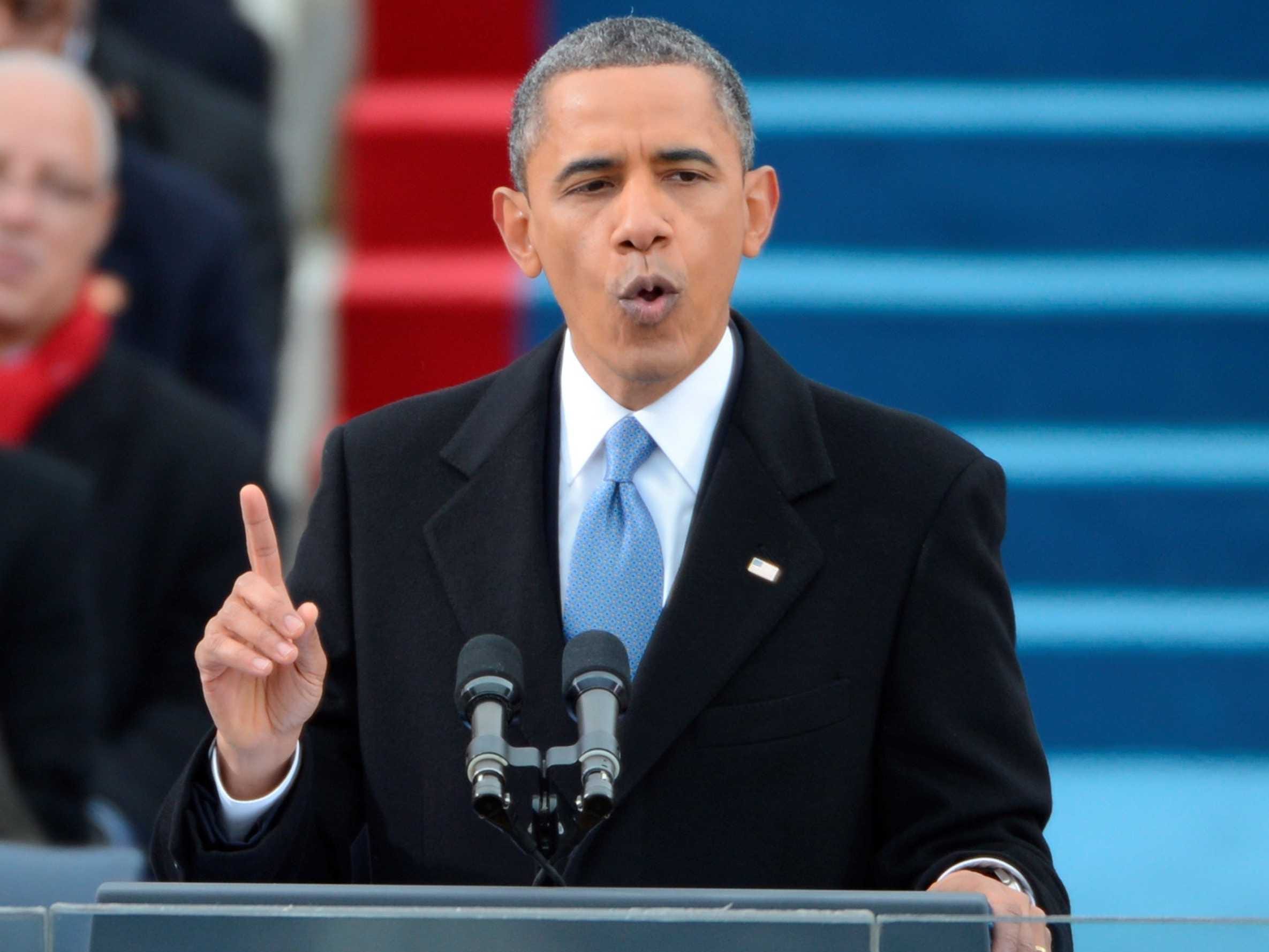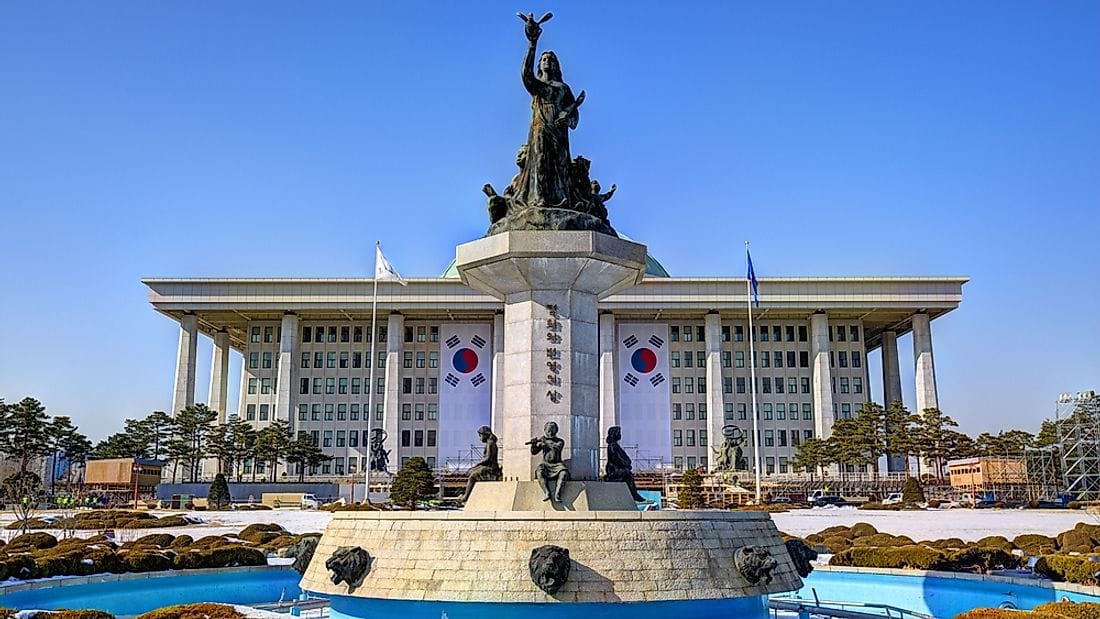In a striking departure from the themes that dominated his first inaugural address, former President Donald Trump’s second inaugural speech presented a narrative steeped in allegations of betrayal and disloyalty. While his first address famously painted a picture of “American carnage,” highlighting the challenges facing the nation, this latest speech shifted focus to the perceived treachery he believes has emerged within the political landscape, particularly among his own supporters and party members.
Trump’s first inaugural address in January 2017 was marked by a stark portrayal of America’s struggles, emphasizing issues such as crime, poverty, and the decay of urban centers. He famously declared, “This American carnage stops right here and stops right now,” setting a tone of urgency and a promise of restoration. His rhetoric resonated with many Americans who felt disenfranchised and overlooked by the political establishment. The speech was a rallying cry for his base, encapsulating a vision of a nation in need of revitalization.
Fast forward to his second inaugural address, delivered in January 2025, and the tone has shifted dramatically. Instead of focusing on the challenges facing the nation, Trump’s speech was laced with accusations of betrayal from those he once considered allies. He expressed disappointment in certain members of the Republican Party, suggesting that they had turned their backs on the principles and promises that initially united them. This narrative of betrayal was not only directed at political figures but also extended to segments of the electorate who had once supported him.
Throughout the address, Trump emphasized the importance of loyalty, framing it as a cornerstone of his political philosophy. He lamented what he described as a growing culture of disloyalty within the party, asserting that many had forgotten the sacrifices made during his administration. This theme resonated with his supporters, who often view loyalty as a critical value in both personal and political relationships.
The speech also touched on broader themes of division within the country. Trump painted a picture of a nation fractured by political infighting and ideological battles, suggesting that the very fabric of American society was at risk due to these betrayals. He called for a renewed commitment to unity among his supporters, urging them to stand firm against what he characterized as a betrayal of their shared values.
In addition to addressing loyalty and betrayal, Trump’s second inaugural address included a call to action for his supporters. He urged them to remain vigilant and engaged in the political process, framing the upcoming elections as a pivotal moment for the future of the nation. This call to action was reminiscent of his earlier rhetoric, which often emphasized the need for grassroots mobilization and active participation in democracy.
The shift in tone from his first to second inaugural addresses reflects not only Trump’s personal evolution as a political figure but also the changing dynamics within the Republican Party and American politics as a whole. The party has undergone significant transformations since Trump first took office, with new factions emerging and traditional alliances being tested. This evolving landscape has prompted Trump to recalibrate his message, focusing on the need for loyalty and unity among his base.
Critics of Trump have pointed out that this narrative of betrayal may serve to further polarize an already divided electorate. By framing dissent within his party as a betrayal, Trump risks alienating potential allies and reinforcing divisions that could hinder his political ambitions. However, for his core supporters, this message may resonate deeply, reinforcing their commitment to his vision and leadership.
As Trump continues to navigate the complexities of American politics, his ability to rally his base around themes of loyalty and betrayal will likely play a crucial role in shaping his future endeavors. The second inaugural address serves as a reminder of the enduring influence he wields within the Republican Party and the broader political landscape.
In conclusion, Trump’s second inaugural address marks a significant shift from the themes of American carnage to a focus on betrayal and loyalty. This change reflects the evolving dynamics of American politics and the challenges facing the Republican Party. As Trump continues to assert his influence, the implications of his message will undoubtedly resonate throughout the political landscape in the years to come.


